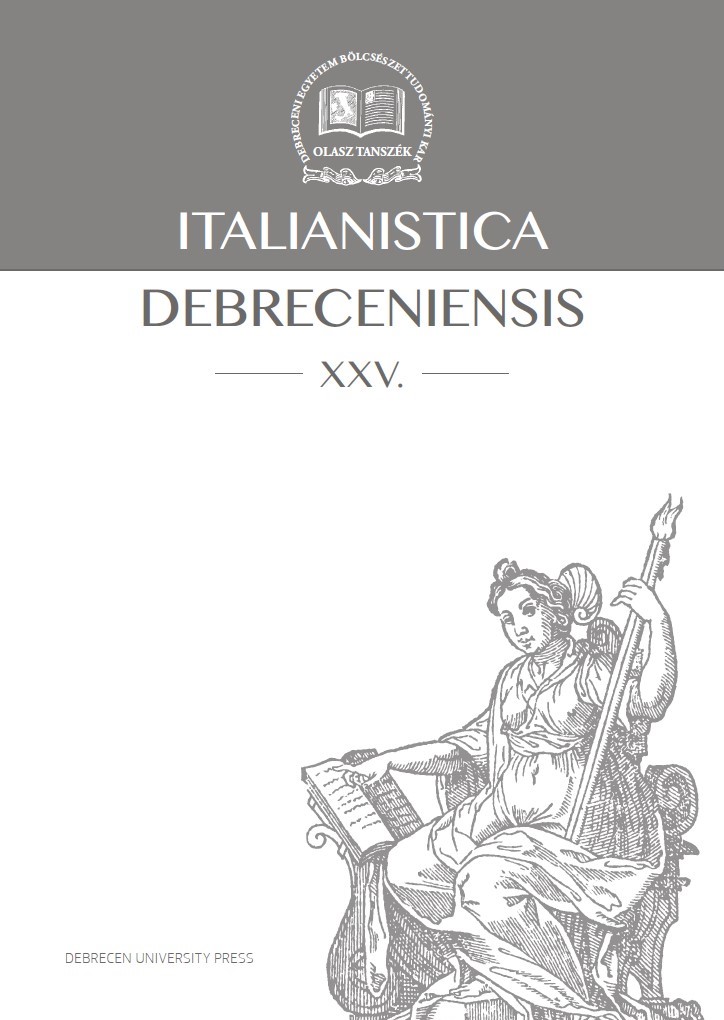Friulani nell’industria ungherese con particolare riguardo alla città di Debrecen
Author
View
Parole chiave
How To Cite
Abstract
L'emigrazione ha avuto un ruolo significativo nella storia del Friuli per secoli. Sin dal Medioevo, l'emigrazione friulana era caratterizzata principalmente dal movimento di venditori ambulanti (i cosiddetti cramârs) verso i territori tedeschi. Tuttavia, il movimento migratorio friulano più significativo risale ai cinquant'anni precedenti la Prima guerra mondiale, quando la crescente richiesta di manodopera, causata dallo sviluppo industriale europeo, richiamava lavoratori in quantità enormi. Durante questi decenni, l'Impero austroungarico divenne la principale destinazione del movimento, ma il primato dell'Austria fu superato dall'Ungheria negli anni tra il 1892 e il 1894. La migrazione di massa nell'area (avvenuta fino allo scoppio della Prima guerra mondiale) causò cambiamenti duraturi nell'industria ungherese. Le fonti storiche dimostrano che la presenza dei friulani fu significativa soprattutto in alcuni settori, come l'edilizia e la lavorazione della carne. Le aziende friulane attive nel settore della carne durante questo periodo hanno avuto un profondo effetto sulla diffusione e sul successo di un nuovo prodotto: il salame. Va sottolineato che accanto a Budapest e Seghedino, sede del famoso salame Pick, Debrecen ha avuto un ruolo chiave in questo processo con le sue due fabbriche della famiglia Boschetti e Vidoni e dei loro lavoratori migranti

 https://doi.org/10.34102/itde/2019/5558
https://doi.org/10.34102/itde/2019/5558